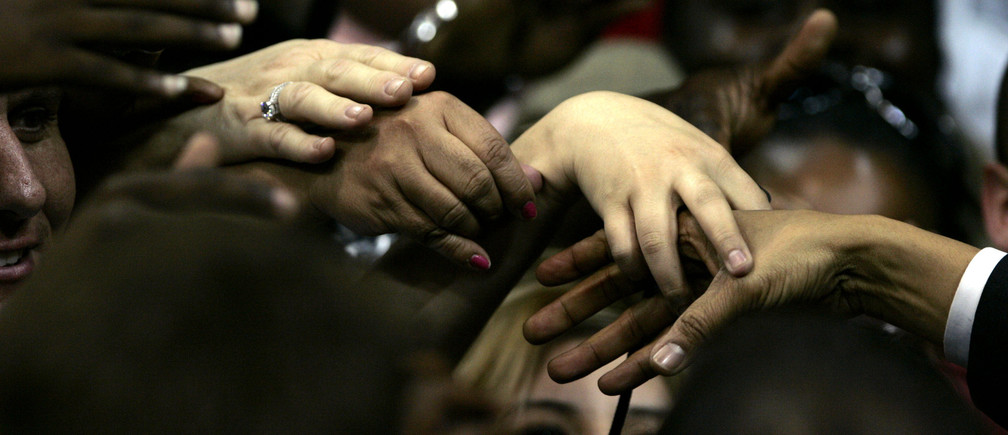
Although diversity, equity, and inclusion has become a priority for companies over the last several years, faith affiliation is often left out of the wider conversation. Muslims, in particular, face a plethora of challenges at work given their unique faith-related needs that make it difficult to adapt to the values and orientation of the dominant work culture.
Religion is often an uncomfortable topic to broach, but faith is an integral part of identity — avoiding or denying it prevents people from bringing their authentic selves to work. Many Muslims struggle to belong, often hiding facets of their identity related to their appearance, affiliation, association, and advocacy. Muslim women are more likely to be economically disadvantaged than other social groups in the UK, are three times as likely to be unemployed and looking for a job as non-Muslim women in the west, and often experience greater career impediments.
In my career, I often encounter people who find it surprising to see me own my space and often refer to my faith when talking about my achievements, as if my merits are an exception to my religious identity. It’s time for companies to include faith in their DEI efforts. Here are five strategies for leaders to support Muslim women at work.
Avoid faith stereotyping.
The media plays a massive role in shaping societal expectations and promoting images of Muslim women that perpetuate unrealistic, stereotypical, and limiting perceptions. These naïve and clichéd narratives are frustrating for professional Muslim women who continuously feel the need to defend their faith.
 We live in a complex, interconnected world where diversity, shaped by globalization and technological advance, forms the fabric of modern society. Notwithstanding this interconnectedness, there is also growing polarization – both in the physical and digital worlds – fuelled by identity politics and the resurgence of nationalist ideals.
We live in a complex, interconnected world where diversity, shaped by globalization and technological advance, forms the fabric of modern society. Notwithstanding this interconnectedness, there is also growing polarization – both in the physical and digital worlds – fuelled by identity politics and the resurgence of nationalist ideals.